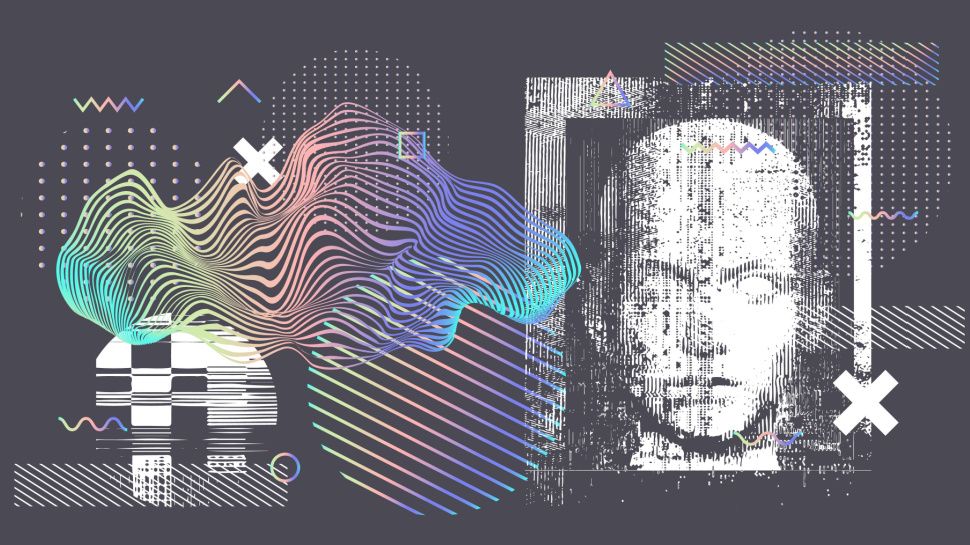
Google is ramping up its efforts to compete with OpenAI with the debut of Flow, a new video-generating AI model designed for filmmakers.
(Disclosure: Ziff Davis, ZDNET's parent company, filed an April 2025 lawsuit against OpenAI, alleging it infringed Ziff Davis copyrights in training and operating its AI systems.)
Announced on Tuesday at I/O, Google's annual developer conference, the new tool is designed to work synchronously with the company's other generative models: Veo, Imagen, and Gemini. In this way, users can prompt the system in natural language to generate various elements of a scene, which can then be brought together in a way that looks fluid and cohesive.
Also: 8 best AI features and tools revealed at Google I/O 2025
Flow has also been built with some stylistic and editorial features: Camera Controls enables users to play with camera motion and angle; Scenebuilder makes it possible to extend existing clips; Asset Management is an interface for overseeing all of the various ingredients in a given project; and Flow TV is a resource for sharing your own work and viewing others'.
Also: How to download YouTube videos for free - 2 ways, including my favorite
The name is a nod to the "flow state," a psychological phenomenon in which deep engagement with a particular task produces a sense of calm focus and immersion.
Flow is available now to Google AI Pro and Google AI Ultra subscribers in the US, with availability in other countries expected soon.
The latest AI fixation
Generative AI became an obsession in Silicon Valley following the release of ChatGPT in late 2022, with companies (both within tech and beyond) rushing to launch their own versions of text-generating chatbots.
More recently, AI-generated video has become a major focus for leading AI developers like OpenAI, Google, and Meta, each of which is vying for a competitive edge in the ongoing AI arms race. Not so long ago, this subclass of generative AI was awkward and unreliable: AI-generated videos occasionally appeared online, but they were mostly surreal nightmare fuel. In the space of just a few years, it's advanced by huge bounds, prompting both excitement and anxiety.
Also: The hidden cost of AI video generators that no one warns you about
The unveiling of OpenAI's video-generating model Sora early last year was something of a watershed moment for the industry, suddenly revealing just how lifelike AI-generated video could be. As was the case following the release of ChatGPT, OpenAI's competitors have been working ever since to catch up. Google introduced Veo, its own video-generating model, at I/O 2024.
The rapid rise of AI-generated video has also sparked concerns among filmmakers, many of whom fear that their roles could eventually become automated. As has become a common refrain within tech, Google is positioning its own video-generating AI tools, including Flow, as a supportive tool for filmmakers, rather than a replacement.
Also: Everything announced at Google I/O 2025: Gemini, Search, Android XR, and more
"We see the emergence of these tools as an enabler, helping a new wave of filmmakers more easily tell their stories," the company wrote in a blog post published today.
Get the morning's top stories in your inbox each day with our Tech Today newsletter.

 2 months ago
7
2 months ago
7









 English (US) ·
English (US) ·